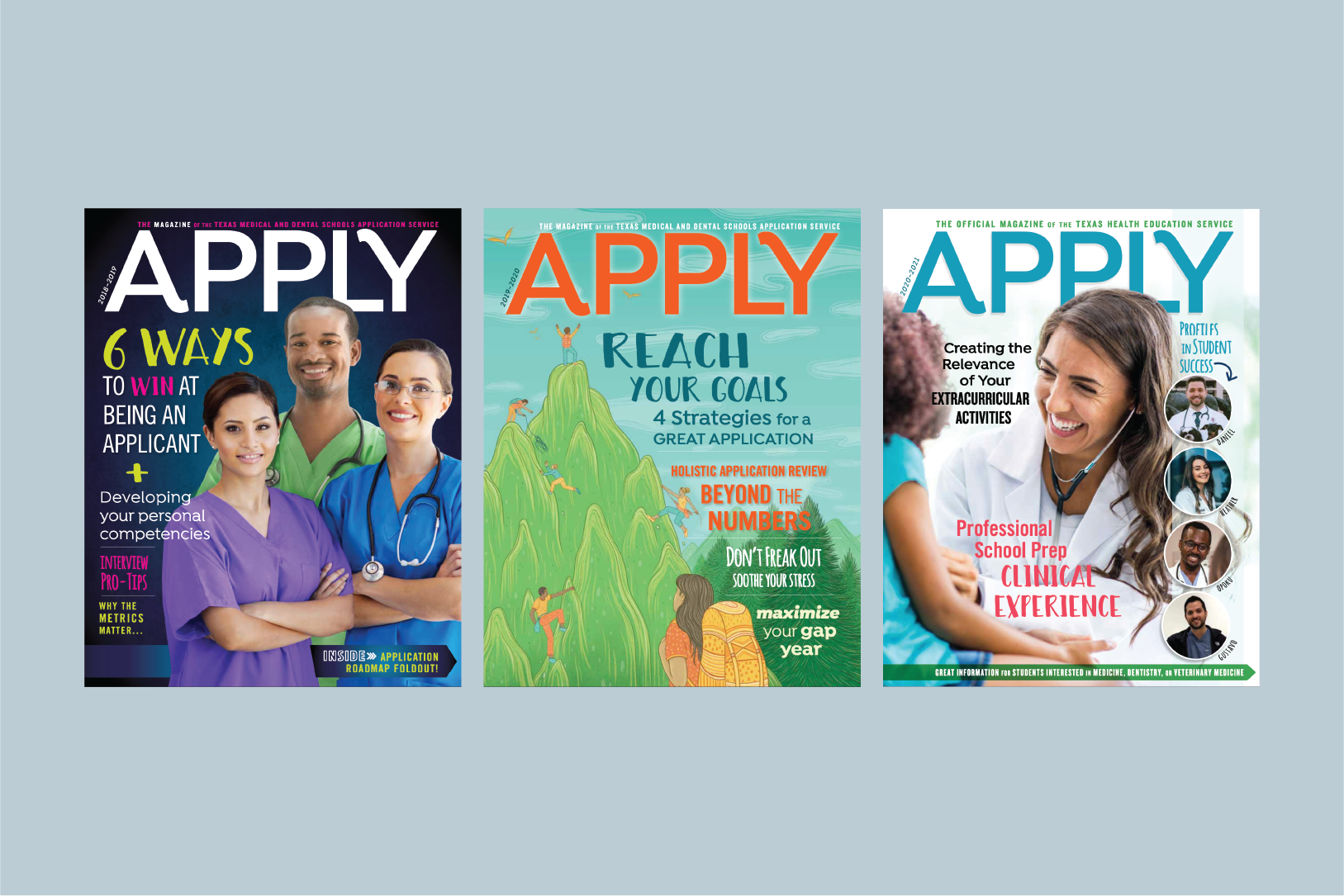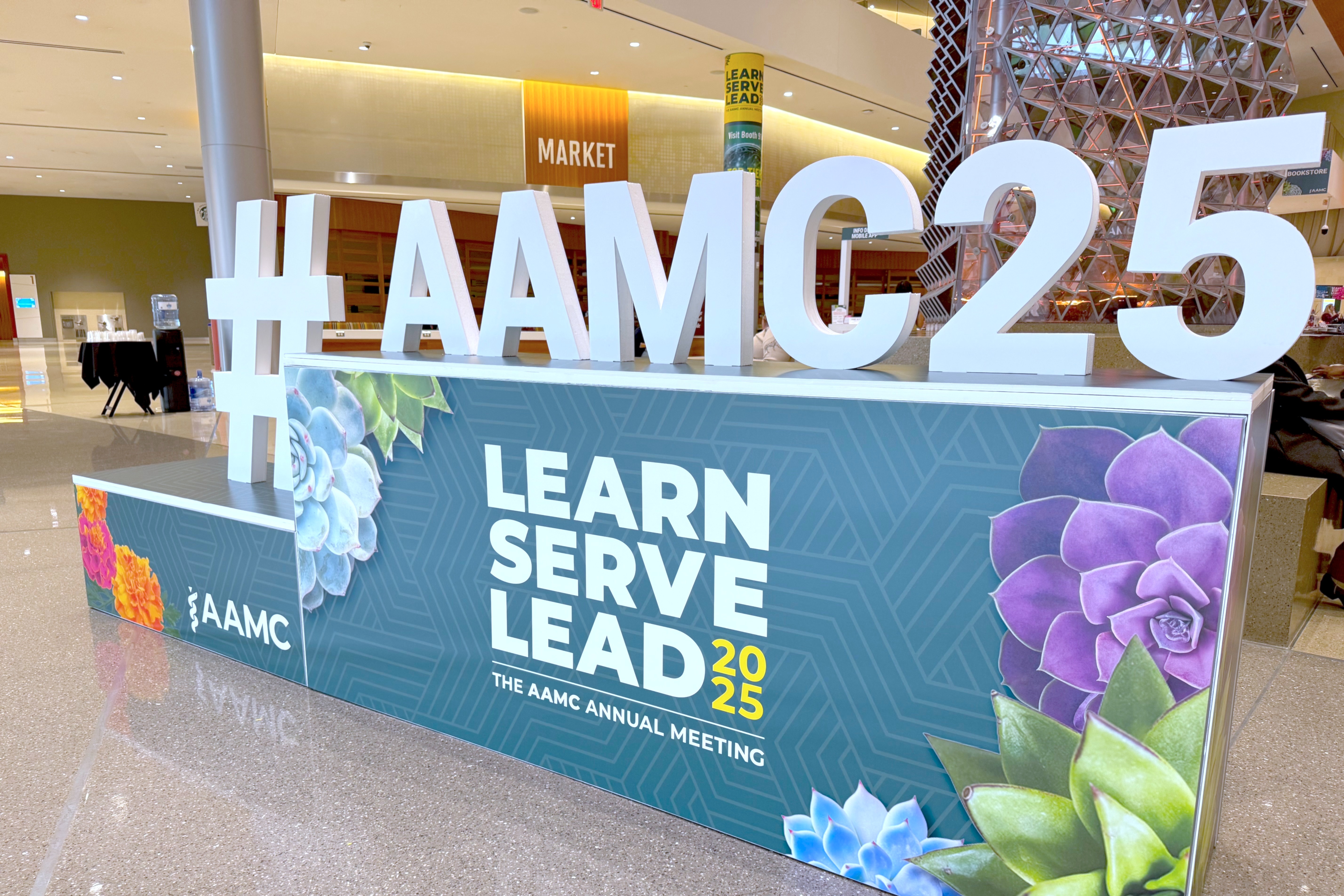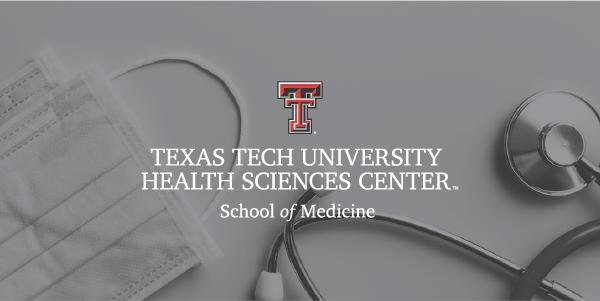Is Dentistry a Match for You?
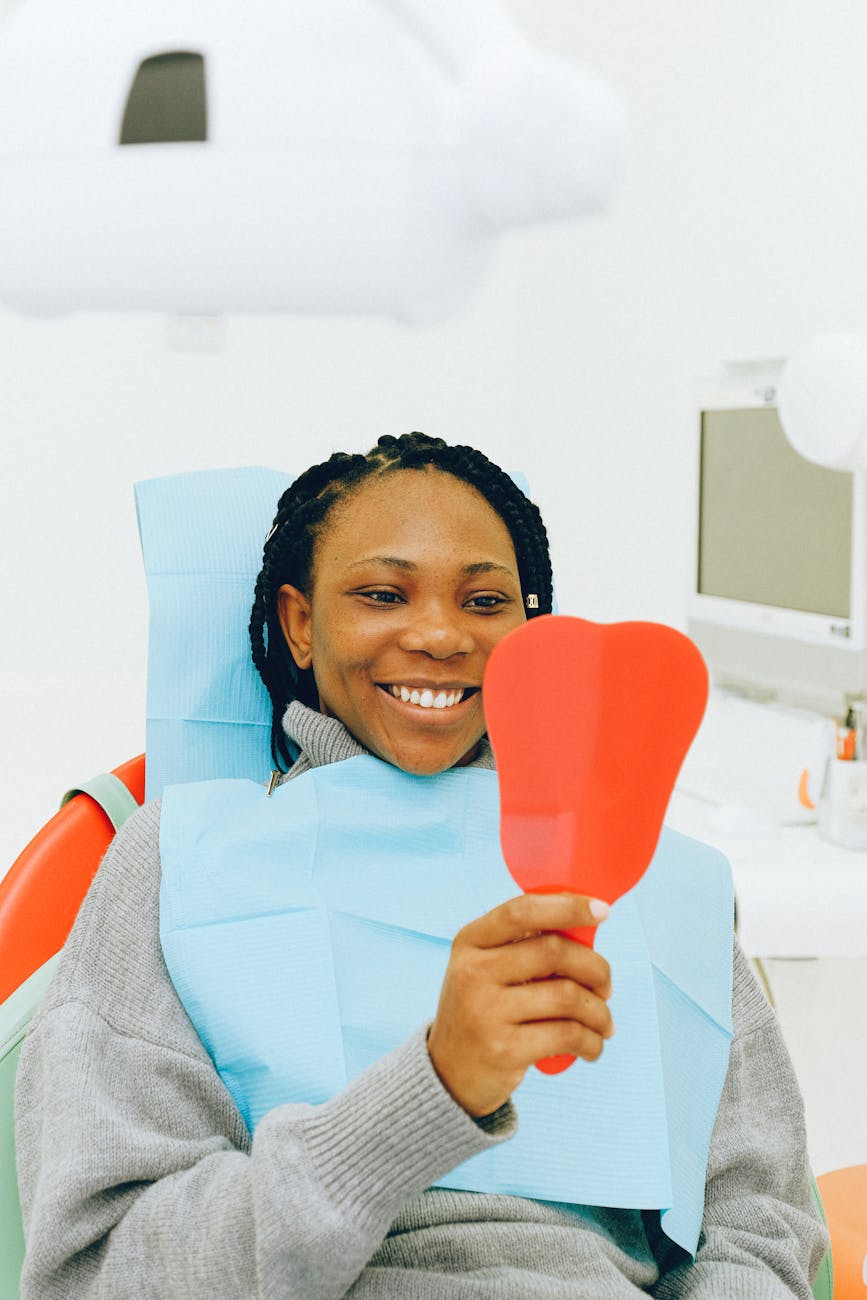
The question is sometimes asked “Why would I want to consider dentistry for my profession?”
The better question is “what is it about me that makes dentistry a viable career option?”
There are many aspects of dentistry that might appeal to you, including the relationships
dentists have with their patients and communities, the development of artistic and
technical skills, the use of investigative problem-solving, and service to others.
Let’s take a closer look at these elements of the profession and see if they might
fit your interests. Maybe dentistry is a match for what you desire from a healthcare
career.
What kind of healthcare appeals to you?
Are you someone who desires interpersonal professional relationships, who wants to
impact access to care, or wants to contribute to a culturally sensitive and diverse
workforce? Like most medically-related fields, dentistry offers the opportunity to
positively impact patient care in areas of relative need, be it in rural areas or
in disadvantaged communities where clinicians can make a significant difference. In
these relatively more isolated areas you may become a community leader or civil servant
to those around you, allowing you the opportunity to bring about real change.
Many applicants to dental programs are attracted to the profession because of their
own personal or family experience with dentistry. Some of these experiences are positive
ones (“The Day I Got My Braces Off! Wow!”) and these future dentists want to pay it
forward. Other experiences may have been negative…maybe they felt marginalized, misunderstood,
or ignored, or maybe their family did not have access to dental care at all. Future
dentists often want to provide care to underserved areas by serving their communities
in a culturally sensitive manner.
Outside of the large urban areas of the state, there are places all around Texas that
do not have enough dentists. Small towns and rural locations need general dentists
and specialists, but these are not the only places with limited access. Even right
in the middle of big cities there are many patients who might feel their access to
dental care is limited. Maybe this is due to the patient’s limited English proficiency
or it might be a lack of cultural sensitivity from the healthcare providers that they
have seen. Not having a dentist who can speak to the patient in their primary language
can be very detrimental, so efforts to provide culturally and linguistically competent
care can help patients feel more welcome. Dental colleges are very interested in students
who are bilingual (or multilingual) and students who come from underserved areas themselves,
to bring their perspective to the issue of access to dental care.
Some dental students, particularly those from minority and immigrant communities,
have an interest in providing education about prevention of oral diseases, treatment
options and public health issues for their future patients. Sometimes the immigrant
families are from countries and cultures that have not placed an emphasis on dental
healthcare and these future dentists want to help local families and friends improve
in these areas and realize the connection between oral health and overall health.
Additionally, our dental students who never had an opportunity to meet a dentist that
looked like themselves are motivated to be a mentor to young people in their communities,
providing the relationship that they needed and wanted but never quite had.
For the last several years, accreditation standards have required dental colleges
to provide their students with cultural competency training and experiences. Dental
schools therefore must show efforts to increase the diversity of the profession. One
of the educational benefits of being a part of a diverse class is learning how to
interact with people in a culturally sensitive manner. Anyone can learn to be more
culturally aware by, for example, practicing empathy. All dental practitioners can
improve their cultural skills. Face-to-face interactions with people from different
backgrounds are often the best way to improve these skills. Participating in volunteer
and community service activities (locally or globally) can also help with these skills.
Generally, dental professionals must realize what an honor and privilege it is to
serve others.
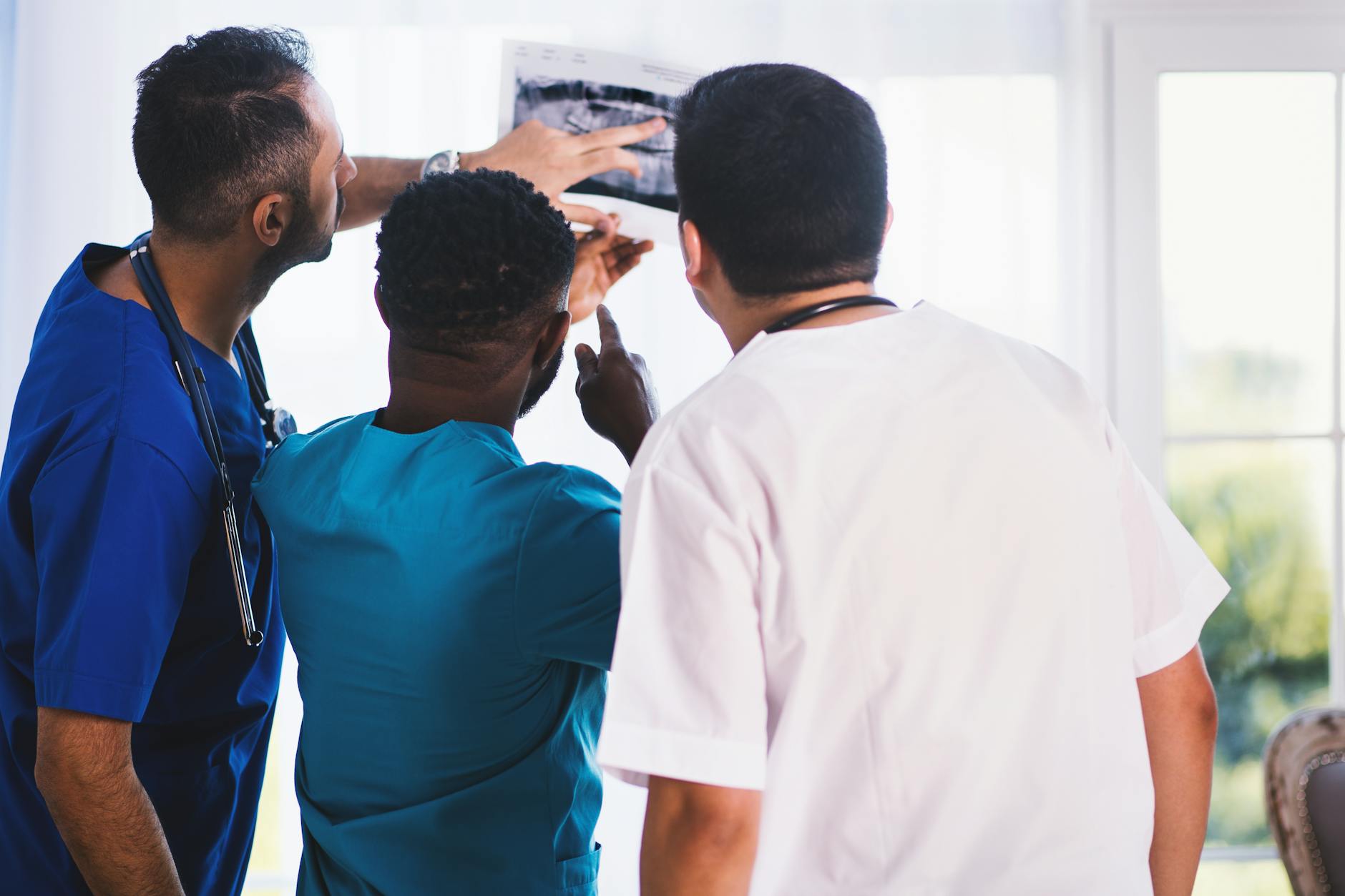
Do you enjoy fine technical or artistic activities?
Dentistry requires developing specialized, perceptive abilities to perform precise
procedures. This is often completed by visualizing tissues which are upside down,
and for patients who are usually not sedated. The challenge of being technically proficient
is developed through a transition from teaching aids and head & neck simulators, to
real patients. One of the major differences between dental and medical school training
is that by the third year of dental school these patients are your patients for whom
you carry out a variety of treatment procedures over two years. You will develop a
close professional and interpersonal relationship as you manage your patients’ treatment
over time; obviously, these people-skills will carry over after graduation into your
life as an independent dentist. Instead of simply observing in dental school, you
will develop treatment plans and perform actual procedures (surgical and restorative)
to improve your patients’ dental health. In the process, you will succeed in creating
true doctor-patient relationships where you also become a coach and motivator.
Do you like the challenge of solving a problem, and then physically fixing the problem?
In dentistry, you learn to be both a diagnostic investigator and a clinical technician
where you develop hand skills to treat what was identified through systematic identification.
Just as important, rapid growth in cutting-edge materials, techniques, and equipment
has made dentistry an exciting field to be a part of as these advancements will no
doubt continue. As a clinician, you will determine through the life-long learning
process what is the most clinically acceptable mode of treatment given your patient’s
needs and desires. The ability to use your creative side with certain restorative
procedures can also be extremely rewarding. You are truly making a clinical work of
art in which many patients will want to show off your artistic creations to others.
The challenge and self-motivation to improve on their technique and to extend their
creative impulses drives many dentists to pursue long and rewarding careers.
Does the thought of being a leader and continuously growing in your leadership abilities
appeal to you?
If so, dentistry is a career that allows that to happen. As a dentist, you are considered
a leader. In taking care of patients, you are the leader of the team that works with
dental assistants, hygienists, and administrative support team members to deliver
the best care possible every day. You make challenging leadership decisions that impact
the lives of others in positive ways. However, leadership applies not only to the
patients you are treating but also to the team members you work with daily, to make
them feel more effective, productive, and fulfilled.
It is a common misconception that one person cannot make a difference in major events
in life. In the world of dentistry, such is not the case. As a dentist, you can extend
your leadership ability and influence how the profession will look and operate in
the future. Working with dental organizations, you can influence how dentistry is
practiced at both the state and national level, both now and in coming years. You
do not have to be the president of an organization to impact change in dentistry…you
just must be part of the profession, participate in the care of others, and get involved.
It is exciting to be part of positive changes that will impact the profession for
decades to come.
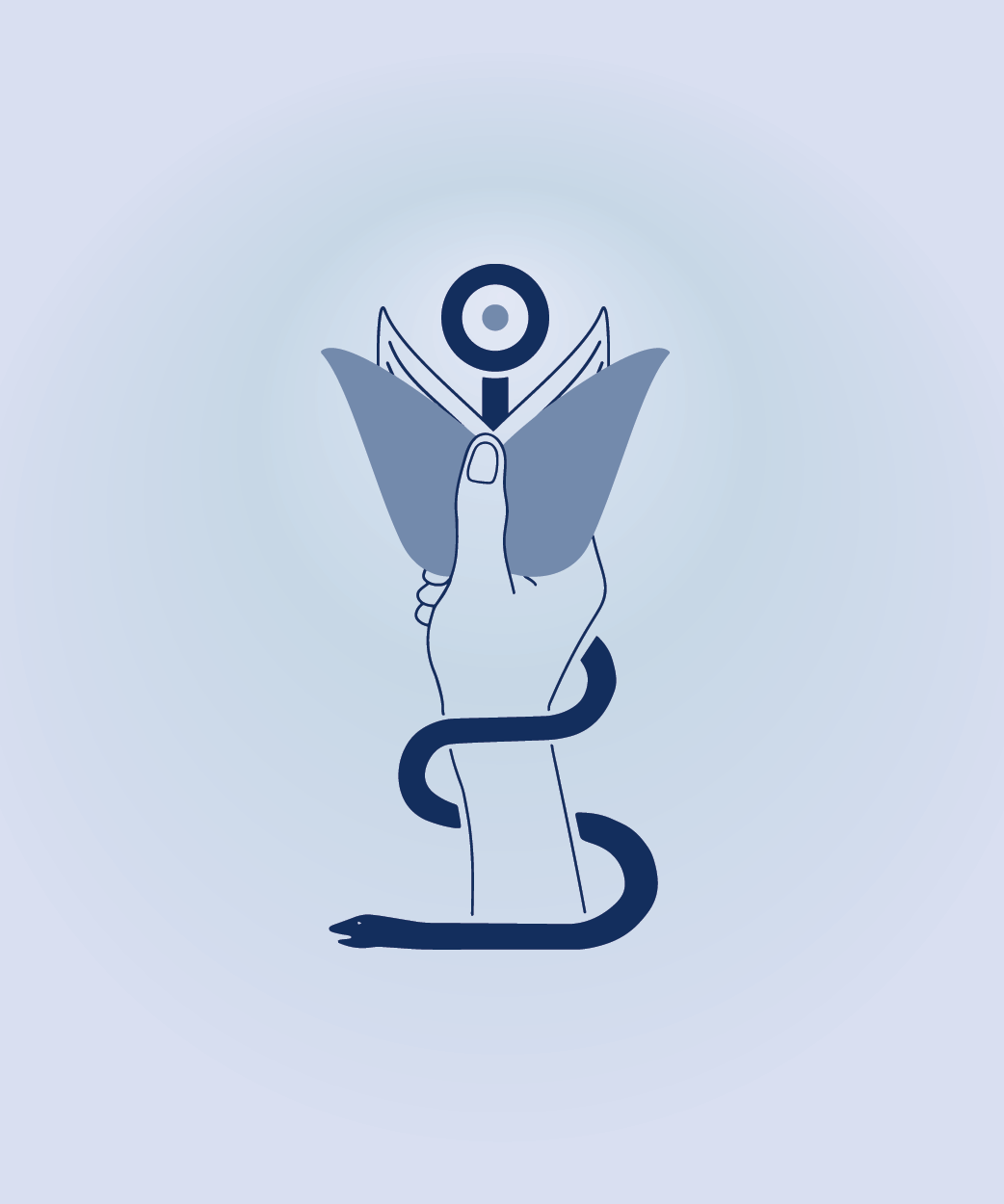
About the author: The Texas Health Education Service amplifies TMDSAS and JAMP’s missions to serve students, collegiate advisors, and professional schools in Texas by providing students with accurate educational resources to enhance their preparation for a career in the health professions, and supporting efforts by advisors and professional schools to reach students and enrich the applicant pool.
